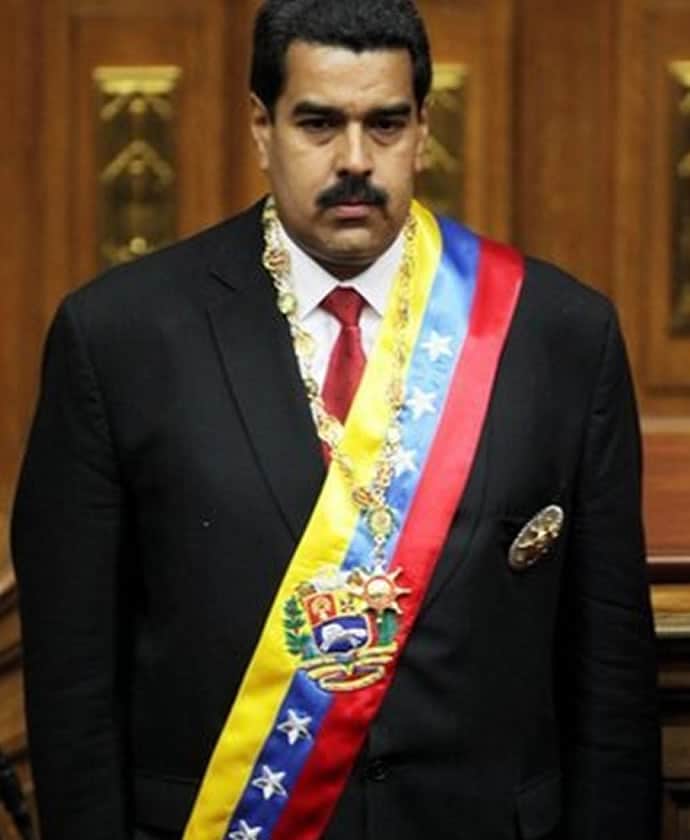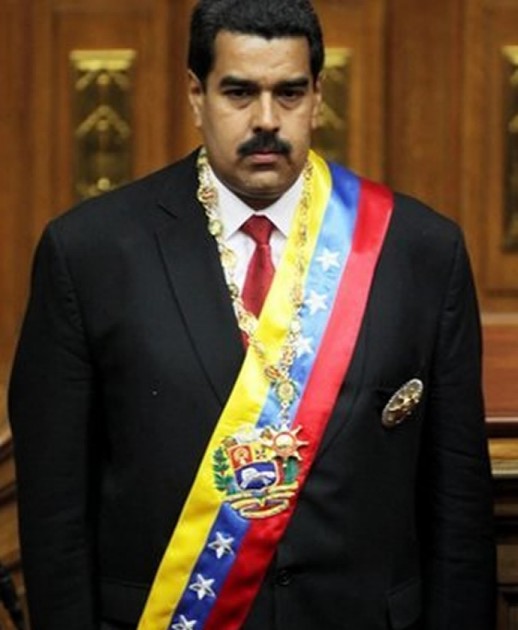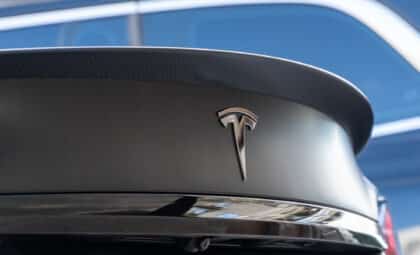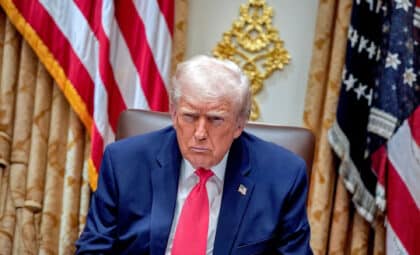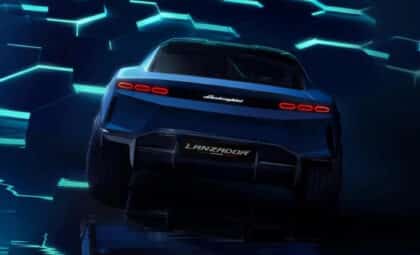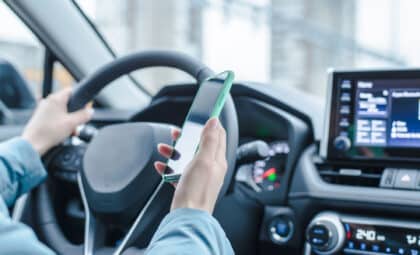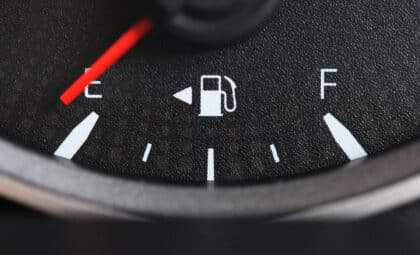Don’t let the gold necklace fool you
Image: newsonline
You guys remember Venezuela. It’s a country in South America with some of the largest oil reserves in the world, wildly squandered by a government so corrupt that in the face of economic and medical disaster it continued to funnel tens of millions of dollars into its homegrown Formula 1 racer Pastor Maldonado (who, ironically, is infamous for crashing).
As people are now struggling just to find food and medicine, new cars aren’t even on the list of “things I should spend my money on.” As a result, many Venezuelans are forced to scout scrapyards or abandon their broken cars entirely. As Adolfo Bolivar, a 60-year-old bus driver from Caracas, told Bloomberg, “We used to live to drive, now we live to repair.
It is truly a great irony that one of the most oil-rich countries in the world is quickly running out of working vehicles, with new car prices soaring so high that only the wealthiest could possibly afford one. While the country has an installed capacity to produce 250,000 cars per year, only 331 new cars were built (compared to the height of the oil boom time, when production was over 12,000 per month).
For a number of automakers, the inability to enter the market has a lot to do with the fact that none of them have any cold, hard, Venezuelan cash. However, that is changing as Venezuela signs deals to pay automakers up front for their vehicle, allowing the automaker to use that money to have the vehicle built locally. Venezuela has signed deals with Ford, and will most likely soon do the same with Fiat Chrysler, General Motors, and Toyota.
This may sound great, but many think that this will not be enough to jumpstart the Venezuelan car market. Hector Lucana, professor of labor relations at the University of Carabobo in Valencia, told Bloomberg, “They may breathe some life into companies, but everyone else is stuck at a standstill.”
News Source: Bloomberg
The News Wheel is a digital auto magazine providing readers with a fresh perspective on the latest car news. We’re located in the heart of America (Dayton, Ohio) and our goal is to deliver an entertaining and informative perspective on what’s trending in the automotive world. See more articles from The News Wheel.

